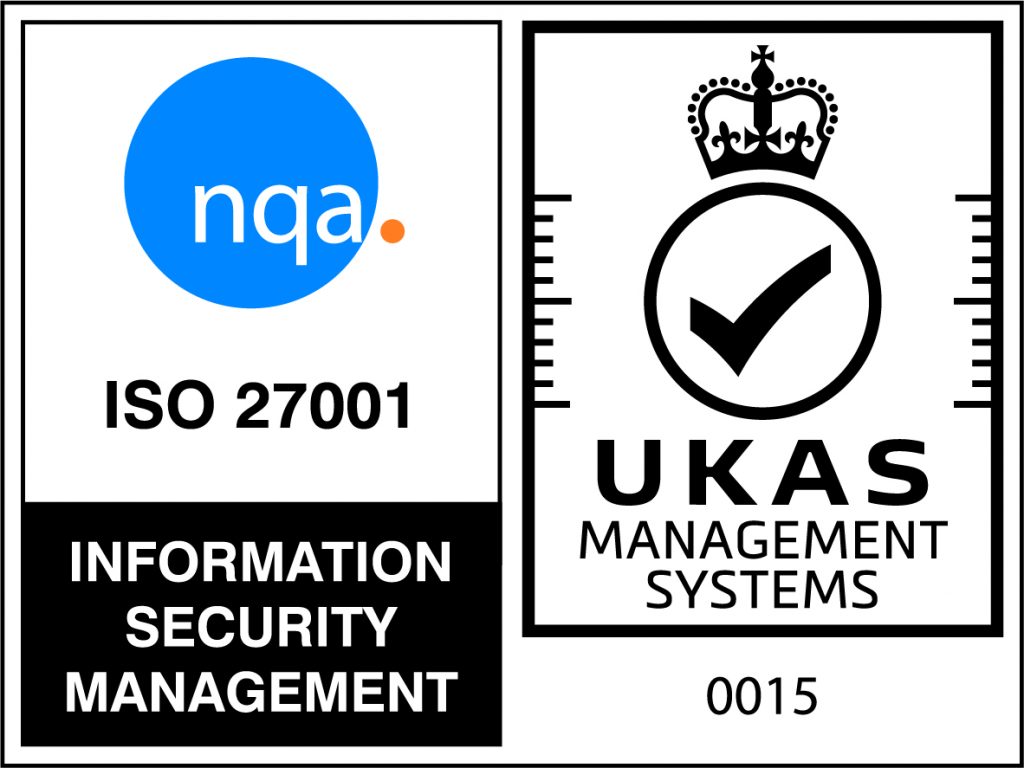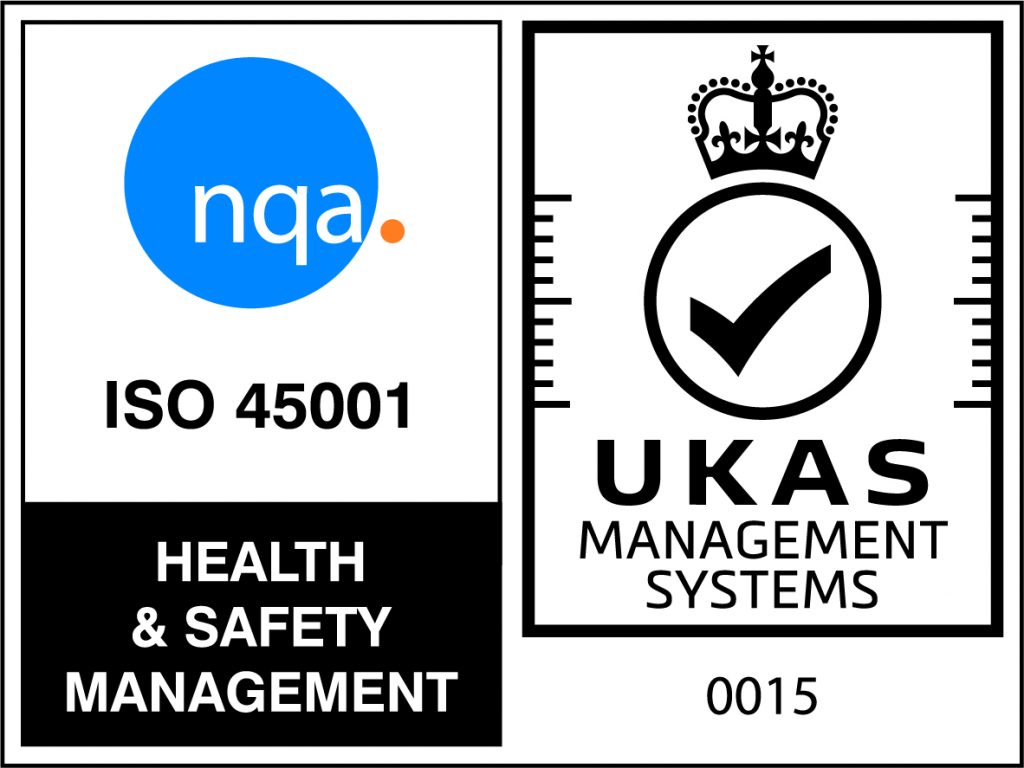How concerned should we be about how AI will affect individuals in work, within industries, and in the future? Are your worries entirely justified? We know that AI has the potential to bring about fundamental shifts in the workplace. Whilst some are viewed negatively, it also brings the ability to increase the accessibility of job opportunities for people with disabilities and health conditions. With the right approach, we can empower disabled individuals to succeed in this new AI-driven landscape.
Supporting disabled individuals in the workforce, is crucial to exploring the possibilities that AI presents. The use of generative AI, such as Chat GPT, is expected to grow significantly, and its applications can create new avenues for accessible work environments. AI technologies such as machine learning, natural language processing, and robotics can be adapted to address potential barriers, enabling employees to engage in various roles more effectively whilst considering each ones unique needs.
Instead of fearing the displacement of disabled workers, let’s focus on how AI can be used to augment their capabilities and enhance workplace accessibility. Although we know that AI is not a substitute for human understanding and creativity, it can be a useful aid. By embracing AI-driven solutions, we can foster an inclusive work environment where disabled individuals can leverage technology to excel in their roles.
Together, we can build a future where AI encourages accessibility, diversity, and inclusivity, allowing all individuals, regardless of ability, to thrive.
Read the original article here.

 Back to News
Back to News

















